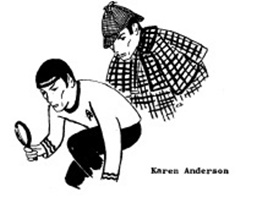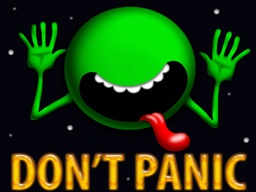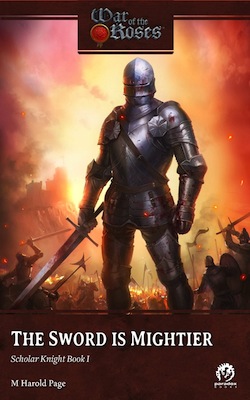Plants as Protagonists: An Interview with Semiosis author Sue Burke
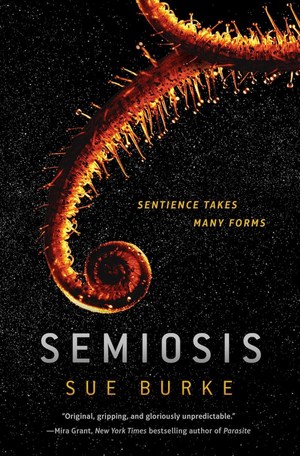 The science fiction world has been abuzz with the release of the novel Semiosis by Sue Burke. Known for her short stories in publications such as Interzone and Asimov’s, this Clarion alumnus is now making waves with her debut novel, out from Tor this month. James Patrick Kelly said it’s “a first contact novel like none you’ve ever read… The kind of story for which science fiction was invented.” David Brin wrote, “In Semiosis, Sue Burke blends science with adventure and fascinating characters, as a human colony desperately seeks to join the ecosystem of an alien world.”
The science fiction world has been abuzz with the release of the novel Semiosis by Sue Burke. Known for her short stories in publications such as Interzone and Asimov’s, this Clarion alumnus is now making waves with her debut novel, out from Tor this month. James Patrick Kelly said it’s “a first contact novel like none you’ve ever read… The kind of story for which science fiction was invented.” David Brin wrote, “In Semiosis, Sue Burke blends science with adventure and fascinating characters, as a human colony desperately seeks to join the ecosystem of an alien world.”
Those recommendations would be enough for me to buy a copy if I hadn’t already read it several years ago. Sue and I used to be in the Madrid Writer’s Critique Group here in Spain before she moved back to Chicago. The early draft I read fascinated me with its tale of human colonists settling on a planet only to find that is already inhabited by intelligent life… plant life. I caught up with Sue to talk with her about her new publication.
What was the seed of an idea that grew into a giant, sentient plant?
Seed… I see what you did there.
It started back in the mid-1990s when a couple of my houseplants attacked other houseplants. One vine wrapped around a neighbor, and another vine tried to sink roots into another plant. I began researching botany and discovered that plants are active, aggressive, and fight to the death for sunlight. They have weapons and cunning strategies, both offensive and defensive.
For example, strangler figs (several varieties of Ficus) start as seedlings germinating up on tree branches and trunks in jungles, and as they grow, their roots wrap around the host tree and eventually strangle and kill it. The fig starts halfway up to sunshine, which is an advantage. But how do the seeds get up there? Birds eat fig fruit, and the seeds have a gluey covering that sticks to a bird’s feathers when it defecates. The bird wipes off its vent on tree branches and trunks, where the seeds adhere and germinate.
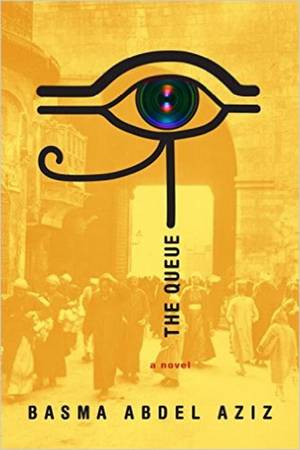

 One pleasant stop on my recent trip to Cairo was the American University’s bookshop near Tahrir Square. It’s a treasure trove of books on Egyptology and Egyptian fiction in translation. Among the titles I picked up was the dystopian novel
One pleasant stop on my recent trip to Cairo was the American University’s bookshop near Tahrir Square. It’s a treasure trove of books on Egyptology and Egyptian fiction in translation. Among the titles I picked up was the dystopian novel 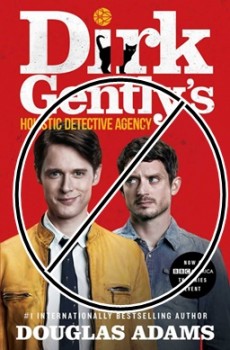
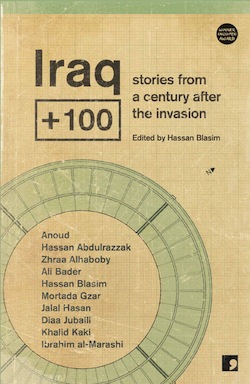 With all the grim news coming out of Iraq, it’s easy to think the country has no future. That’s wrong, of course, because being one of the oldest countries in the world, it’s not going anywhere anytime soon.
With all the grim news coming out of Iraq, it’s easy to think the country has no future. That’s wrong, of course, because being one of the oldest countries in the world, it’s not going anywhere anytime soon.